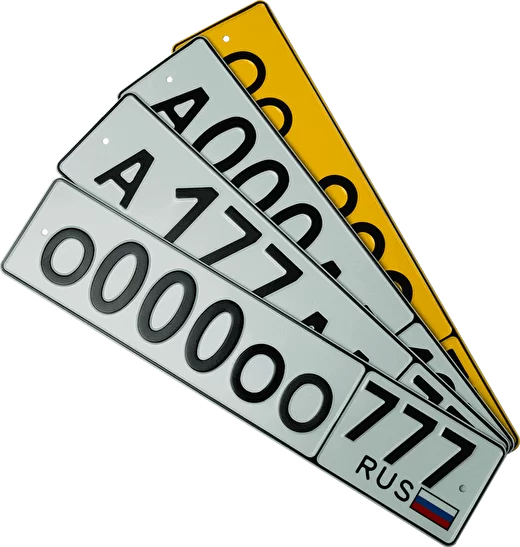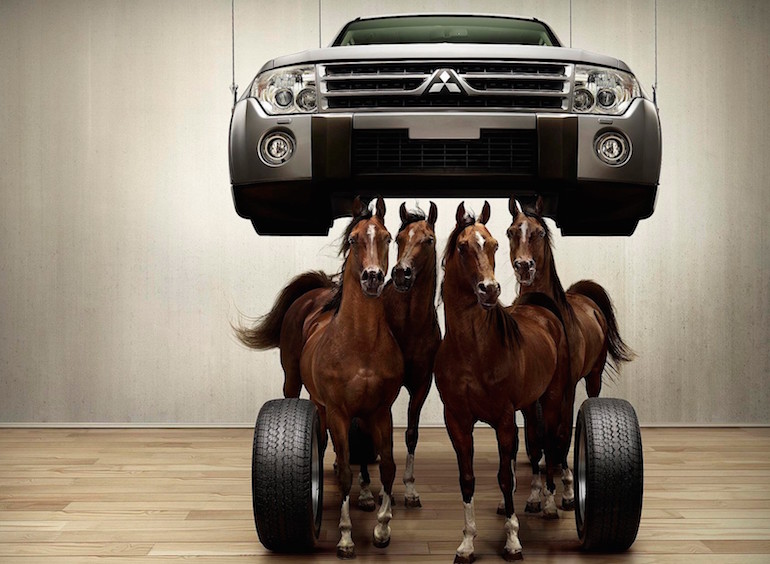
1 horsepower is equal to - kW, watt, kg
If you take any encyclopedia and look in it what horsepower is, then we will read that this is an off-system unit of power that is not used in Russia. Although on any website of car dealerships, engine power is indicated in horsepower.
What is this unit, what is it equal to?
Speaking of engine horsepower, most of us picture a simple picture: if you take a herd of 80 horses and a car with an 80 hp engine, then their forces will be equal and no one can pull the rope.
If you try to recreate such a situation in real life, then the herd of horses will still win, because in order for the engine to develop such power, it needs to spin the crankshaft to a certain number of revolutions per minute. Horses, on the other hand, rush from their place and drag the car behind them, thus breaking its gearbox.
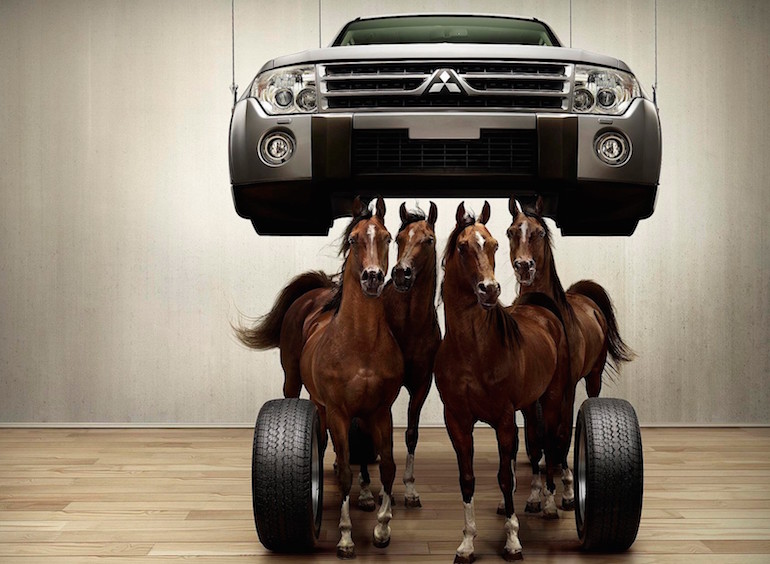
In addition, you need to understand that horsepower is a standard unit of power, while each horse is individual and some individuals can be much stronger than others.
Horsepower was introduced into circulation in 1789. The famous inventor James Watt wanted to demonstrate how much more profitable it was to use steam engines rather than horses to get the job done. He simply took and calculated how much energy a horse spends to use the simplest lifting mechanism - a wheel with ropes attached to it - to pull barrels of coal out of the mine or pump out water using a pump.
It turned out that one horse can pull a load weighing 75 kilograms at a speed of 1 m/s. If we translate this power into watts, it turns out that 1 hp. is 735 watts. The power of modern cars is measured in kilowatts, respectively, 1 hp. = 0,74 kW.
To convince mine owners to switch from horse-powered to steam-powered, Watt proposed a simple method: measure how much work the horses could do in a day, and then turn on the steam engine and calculate how many horses it could replace. It is clear that the steam engine turned out to be more profitable, because it was able to replace a certain number of horses. The owners of the mine realized that it was cheaper for them to maintain a car than a whole stable with all the ensuing consequences: hay, oats, manure, and so on.
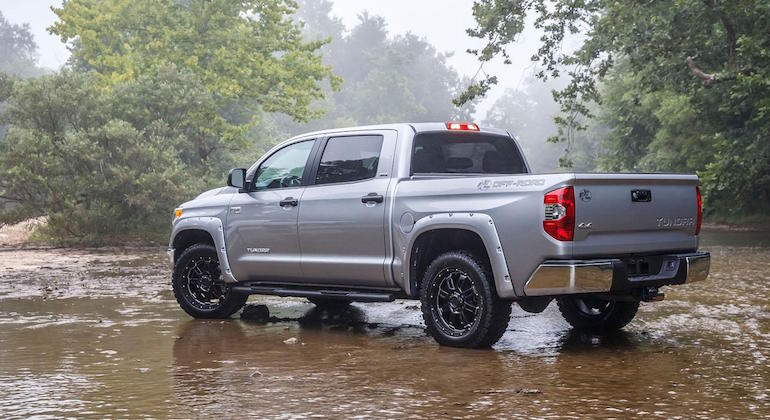
It is also worth saying that Watt incorrectly calculated the strength of one horse. Only very strong animals are capable of lifting a weight of 75 kg at a speed of 1 m / s, in addition, they will not be able to work for a long time in such conditions. Although there is evidence that for a short time one horse can develop power up to 9 kW (9 / 0,74 kW \u12,16d XNUMX hp).
How is engine power determined?
To date, the easiest way to measure the real power of the engine is with a dyno. The car is driven onto the stand, it is securely strengthened, then the driver accelerates the engine to maximum speed and the real power in hp is displayed on the display. Permissible error - +/- 0,1 hp As practice shows, it often turns out that the nameplate power does not correspond to the real one, and this may indicate the presence of a wide variety of malfunctions - from low-quality fuel to a drop in compression in the cylinders.
It is worth saying that due to the fact that horsepower is a non-systemic unit, it is calculated differently in different countries. In the USA and England, for example, one hp. is 745 watts, not 735 as in Russia.
Be that as it may, everyone is already accustomed to this particular unit of measurement, since it is convenient and simple. In addition, HP used when calculating the cost of OSAGO and CASCO.
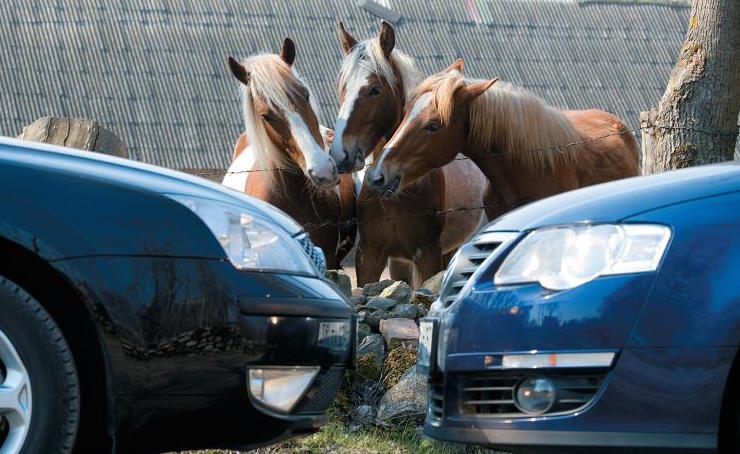
Agree, if you read in the characteristics of the car - engine power is 150 hp. - it is easier for you to navigate what he is capable of. And a record like 110,33 kW is not enough to say. Although converting kilowatts to hp. quite simple: we divide 110,33 kW by 0,74 kW, we get the desired 150 hp.
I would also like to remind you that the concept of “engine power” in itself is not very indicative, you also need to take into account other parameters: maximum torque, rpm, car weight. It is known that diesel engines are low-speed and maximum power is achieved at 1500-2500 rpm, while gasoline engines accelerate longer, but show better results over long distances.
Loading…
